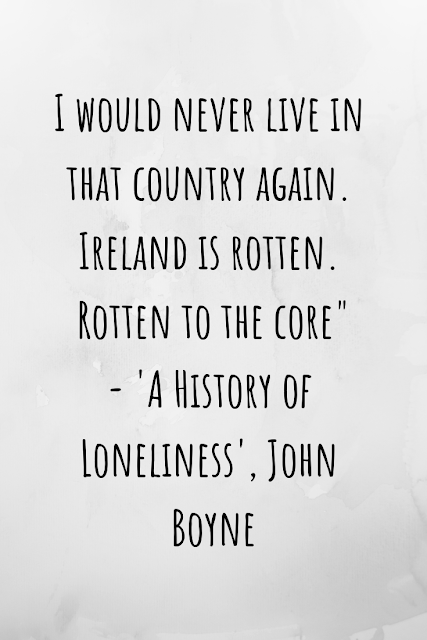The Tattooist of Auschwitz almost became a full on trend of reading earlier this year (not quite at Eleanor Oliphant levels, but it seemed to be everywhere I looked). I'm so glad I read this slightly before the hype because I had no expectations from the book, and I do really think it's better to go in to reading like that.
The book is based on a true story, one that Lale Sokolov told as an elderly man to the author. I have been informed by the Auschwitz society that the tale depicted in the book about what Auschwitz was like is not very accurate, but I don't think this detracts from the fact that it is still a beautiful story.
A Slovakian Jew, our protagonist Lale Sokolov, was imprisoned in Auschwitz-Birkenau in the Second World War. The struggles he faces almost lead to his death, until it's noticed that he can speak several languages. Instead of being confined to the pile of bodies Lale witnesses every day, he becomes the Tattoowierer; the man who must tattoo the men, women and children entering the camps.
The book tells the story of Lale's love for Gita, a woman he meets when tattooing her arm. Using his privileged position to secure extra food, money and even jewels, Lale is determined to keep Gita safe in the monstrous environment they are imprisoned in. Every day could be their last.
This was one of my favourite books I read right at the end of 2018 (I know, I'm upsettingly behind on reviews). It's the first adult novel I've read about the Second World War that really delves into the emotive side of the atrocities people faced rather than looking at stats and figures. In a world that seems to be more and more filled with hate by the day, I don't think we can stress enough the importance of a book that helps you to empathise with minorities.
I can't think of another book that I've read about concentration camps that discusses life after them. As I've mentioned that this is Lale's story, there's not really a need for a spoiler alert that he survived the war. A fair chunk of the novel is him trying to find Gita again, and learning how to live a life outside of the camps. This kind of trauma isn't something I've considered enough, and I think it's so important that Morris included it.
I've given this 5 stars, and I'd recommend it to everyone interested in historical novels as well as general adult fiction.

